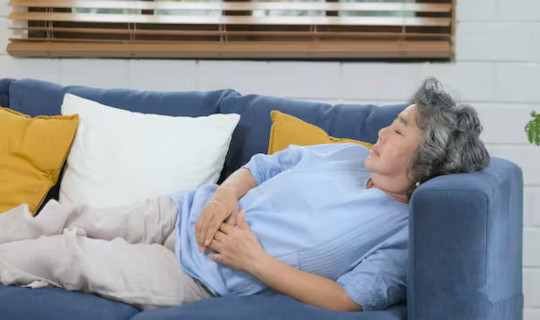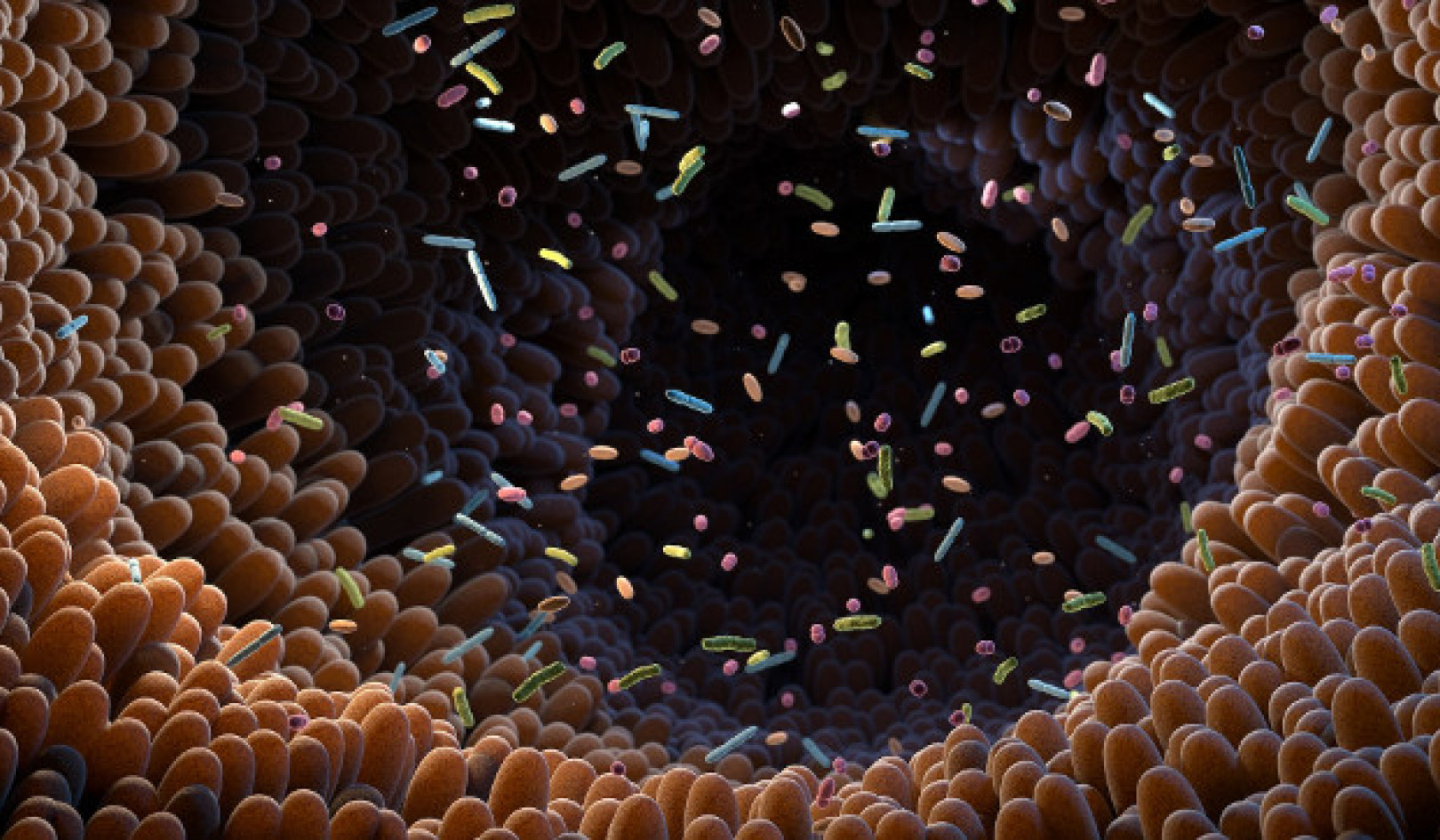
Daily naps may help preserve brain health. Dragon Images/ Shutterstock
Sleep plays an important role in keeping the brain healthy, which is why people are advised to get at least 7-9 hours each night. When people have difficulties with sleep, for example, they usually feel more stressed. This is because a lack of sleep activates the body’s stress response, which affects different brain and body systems. This could lead to stress-related disorders.
Napping also appears to be beneficial to the brain – with research showing that even brief naps of 5-15 minutes can instantly improve how well you perform mentally. But could frequent napping have long-term benefits for our brains? Our latest study shows that they might – we found that habitual naps may help preserve brain health.
Our study aimed to uncover the potential causal relationship between daytime napping, cognitive function and brain volume. We focused on reaction time and memory because these cognitive abilities tend to decline as we get older. We also examined the hippocampus (an important brain structure for memory) and total brain volumes because they play a significant role in explaining differences in memory and overall thinking skills.
To conduct our study, we used a technique called Mendelian randomisation. This uses genetic markers to assess the relationship between exposures and outcomes (such as certain traits or diseases). We analysed data from 378,932 people aged 40-69 who had participated in the UK Biobank study (a large-scale biomedical database) We only studied people with white European ancestry, as they accounted for more than 80% of the participants of the Biobank study.
We looked at genetic variations previously discovered to be associated with daytime napping, based on the question “Do you have a nap during the day?” with possible responses: “never or rarely”, “sometimes” and “usually”. We used structural magnetic resonance imaging (MRI) data to study brain volumes and the results of computerised games that involved identifying matches of cards to test cognitive abilities.

The most frequent nappers had the largest brain volume on average. mangpor2004/ Shutterstock
We discovered that people who had genetic variations associated with napping also had larger total brain volume on average.
Brain volume
Our brains naturally shrink gradually as we age. But this process is accelerated in people with neurodegenerative diseases such as Alzheimer’s. Some studies have also shown that people with cognitive impairment may experience a decrease in brain volume.
Additionally, previous research has indicated a connection between sleep problems and reductions in brain volume in various regions of the brain, which can be linked to cognitive decline. However, it’s important to note that these findings have been inconsistent across different studies, with some studies not finding any associations between sleep disruptions and structural brain changes. But overall this suggests that poor sleep may decrease brain volume – subsequently affecting brain health.
Our findings demonstrate a larger total brain volume with more frequent napping. This suggests that regular napping may act as a safeguard, compensating for inadequate sleep and preserving brain health.
Surprisingly, we did not find evidence to suggest that napping has an impact on reaction time, visual memory or the volume of the hippocampus. We speculate that different people’s napping experiences – such as nap duration and timing – and the tests employed to study cognitive abilities may have influenced our results. Moreover, these discoveries hint at the possibility that frequent daytime napping may affect other brain regions and mental skills, like alertness, which should be explored in future studies.
Our findings help clarify the impact of daytime napping on brain health, which may limit cognitive decline as a person ages. In the future, it would be valuable to investigate these associations in other ancestries and age groups. Moreover, it is important to replicate these findings by using different data sets and research methods. But, as far as we know right now, taking a brief nap in the early afternoon may be restorative and re-energising for those who need it – and may also be beneficial to brain health.![]()
About The Author
Valentina Paz, Assistant Researcher in the MRC Unit for Lifelong Health and Ageing, UCL; Hassan S Dashti, Instructor in Anaesthesia Medicine, Harvard University, and Victoria Garfield, Senior Research Fellow in Genetic Epidemiology, UCL
This article is republished from The Conversation under a Creative Commons license. Read the original article.
Related Books:
The Body Keeps the Score: Brain Mind and Body in the Healing of Trauma
by Bessel van der Kolk
This book explores the connections between trauma and physical and mental health, offering insights and strategies for healing and recovery.
Click for more info or to order
Breath: The New Science of a Lost Art
by James Nestor
This book explores the science and practice of breathing, offering insights and techniques for improving physical and mental health.
Click for more info or to order
The Plant Paradox: The Hidden Dangers in "Healthy" Foods That Cause Disease and Weight Gain
by Steven R. Gundry
This book explores the links between diet, health, and disease, offering insights and strategies for improving overall health and wellness.
Click for more info or to order
The Immunity Code: The New Paradigm for Real Health and Radical Anti-Aging
by Joel Greene
This book offers a new perspective on health and immunity, drawing on principles of epigenetics and offering insights and strategies for optimizing health and aging.
Click for more info or to order
The Complete Guide to Fasting: Heal Your Body Through Intermittent, Alternate-Day, and Extended Fasting
by Dr. Jason Fung and Jimmy Moore
This book explores the science and practice of fasting offering insights and strategies for improving overall health and wellness.






















